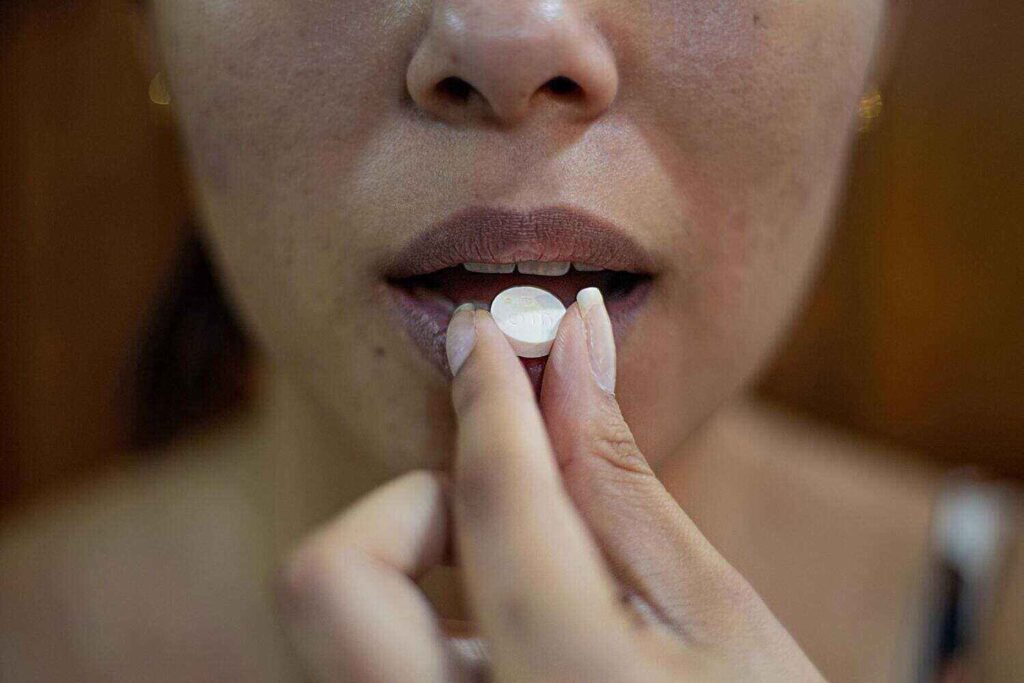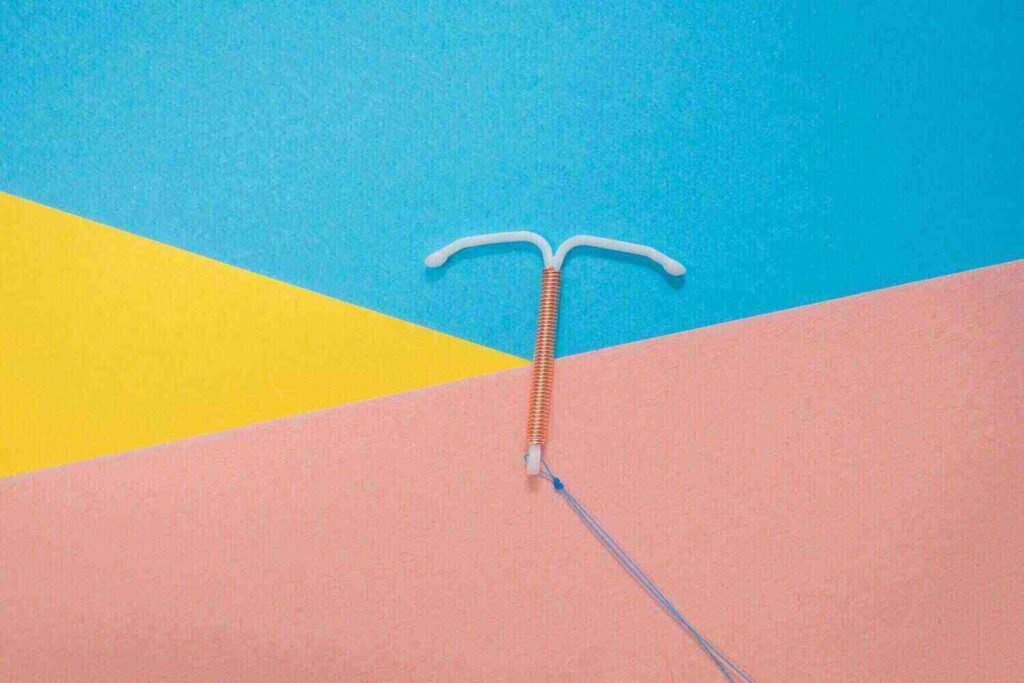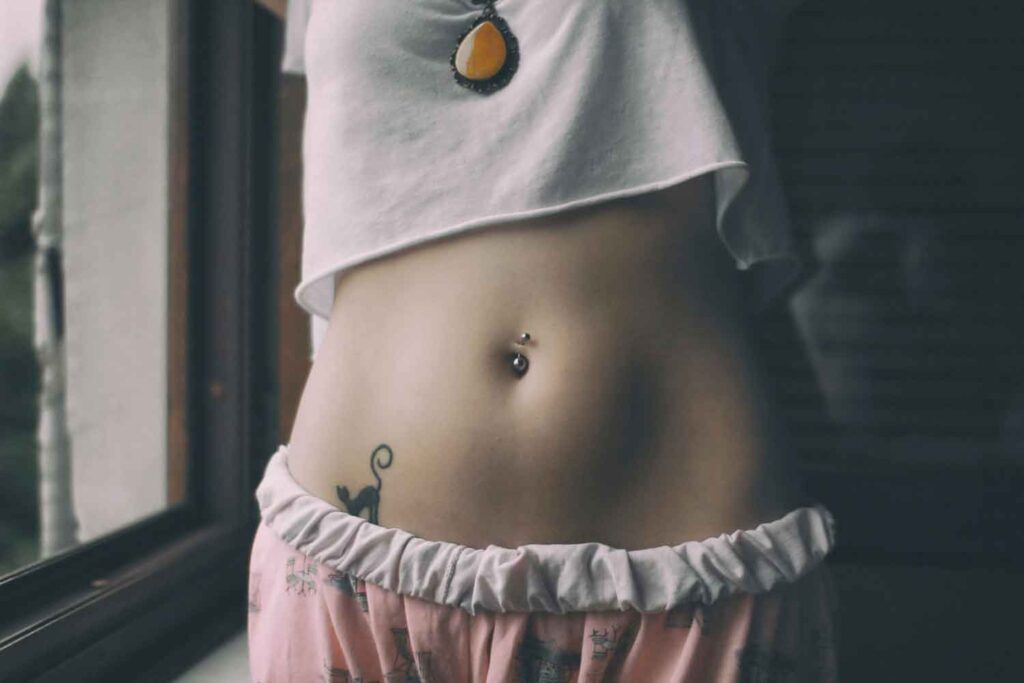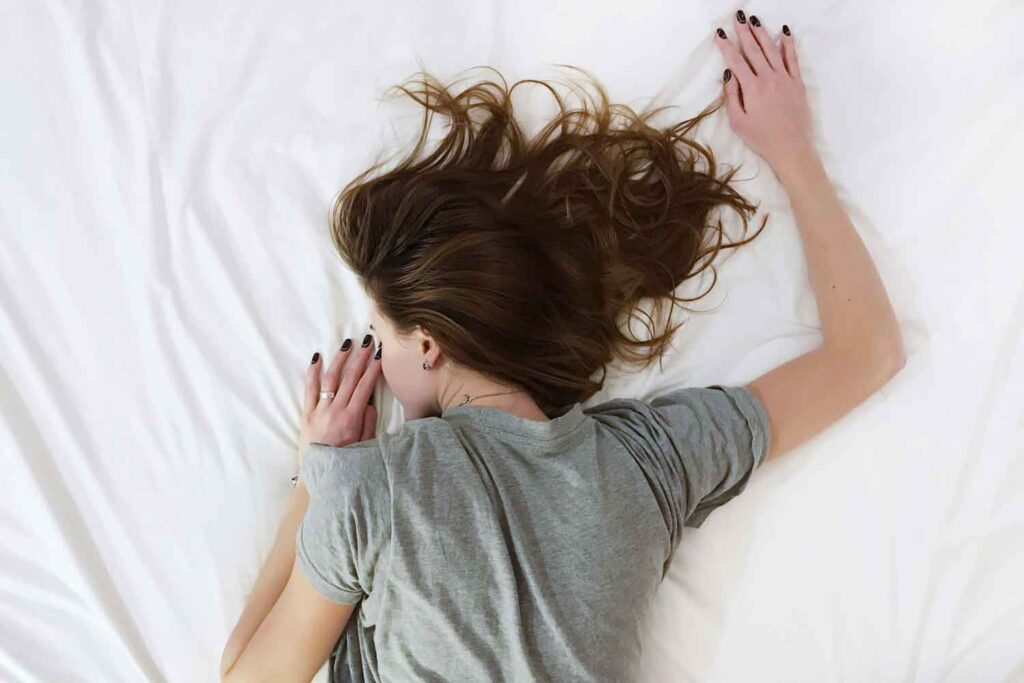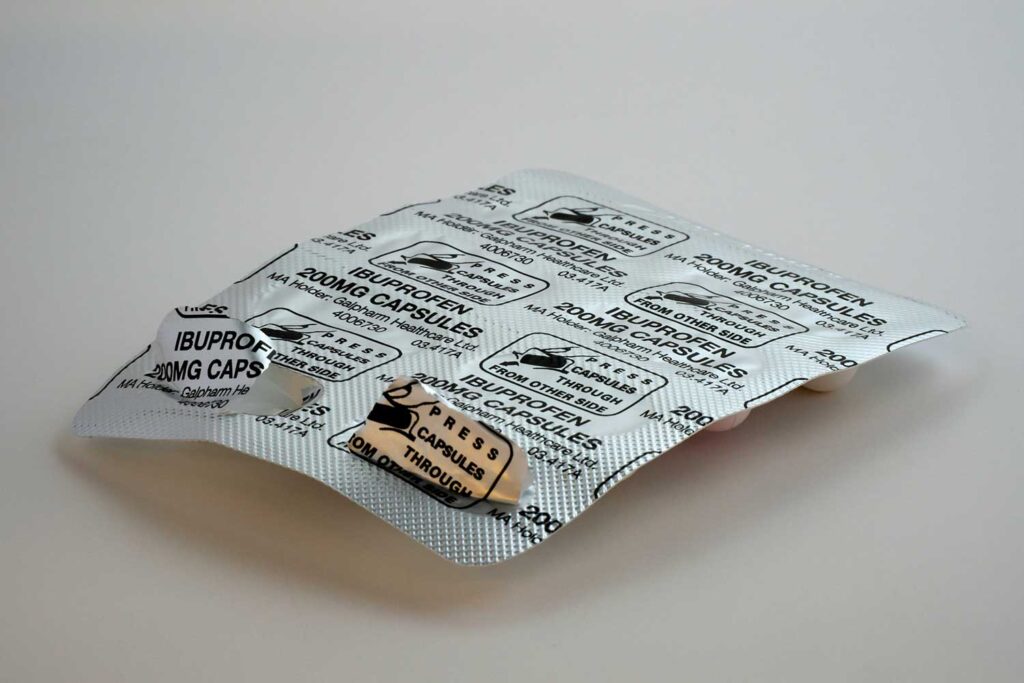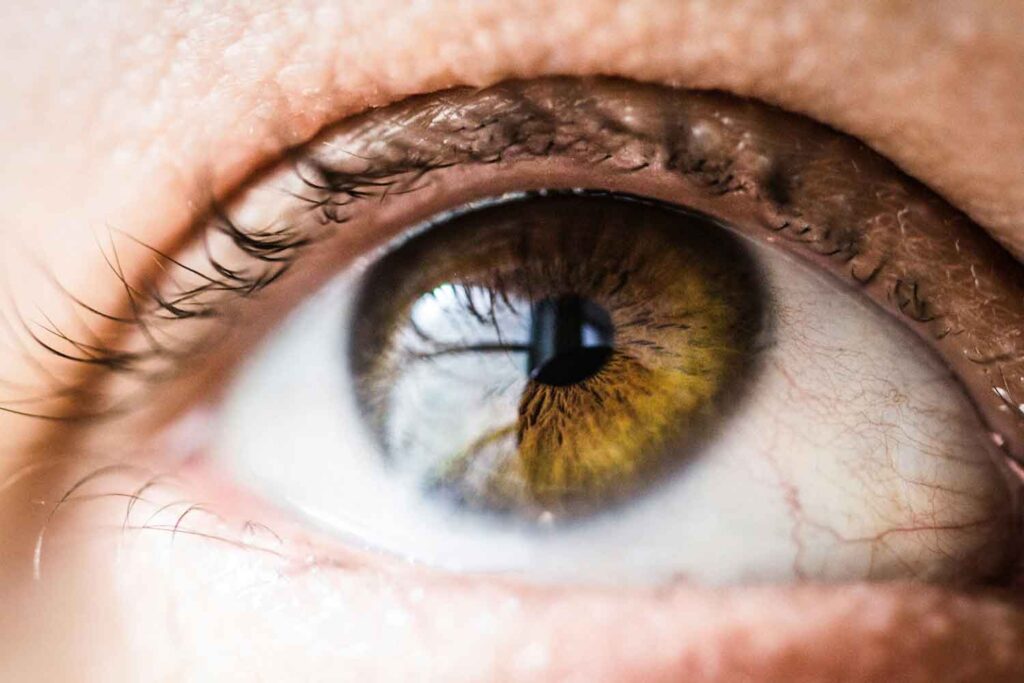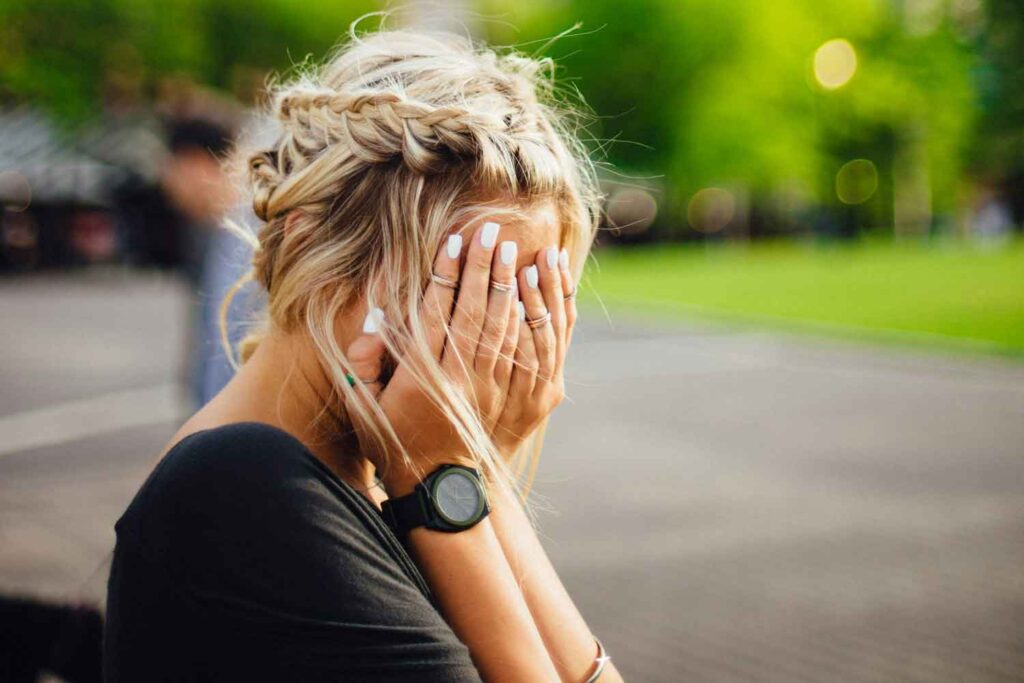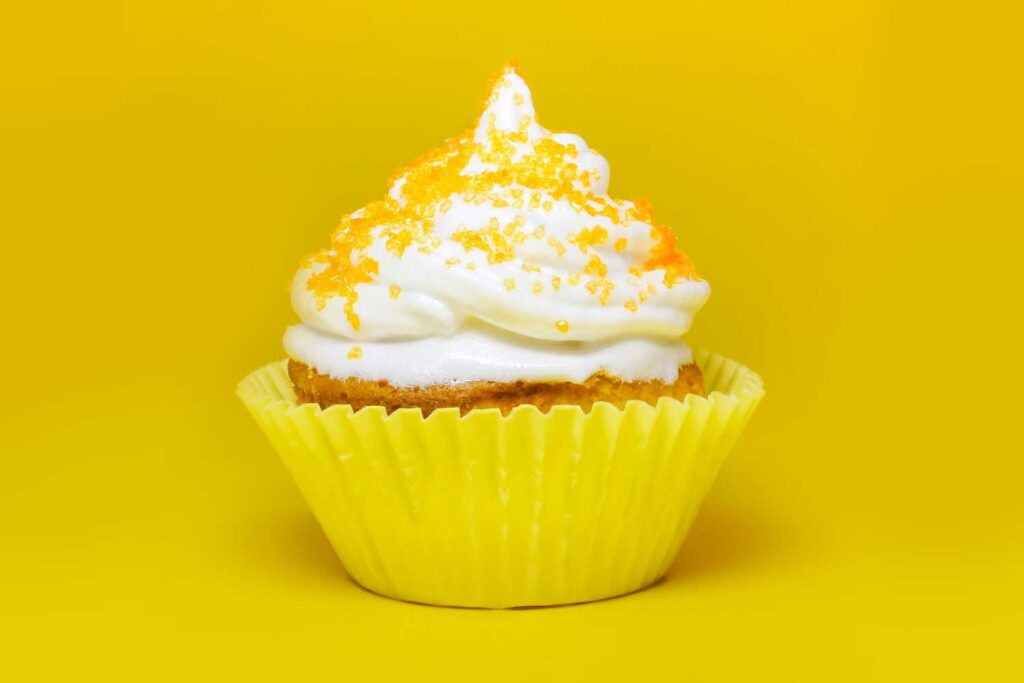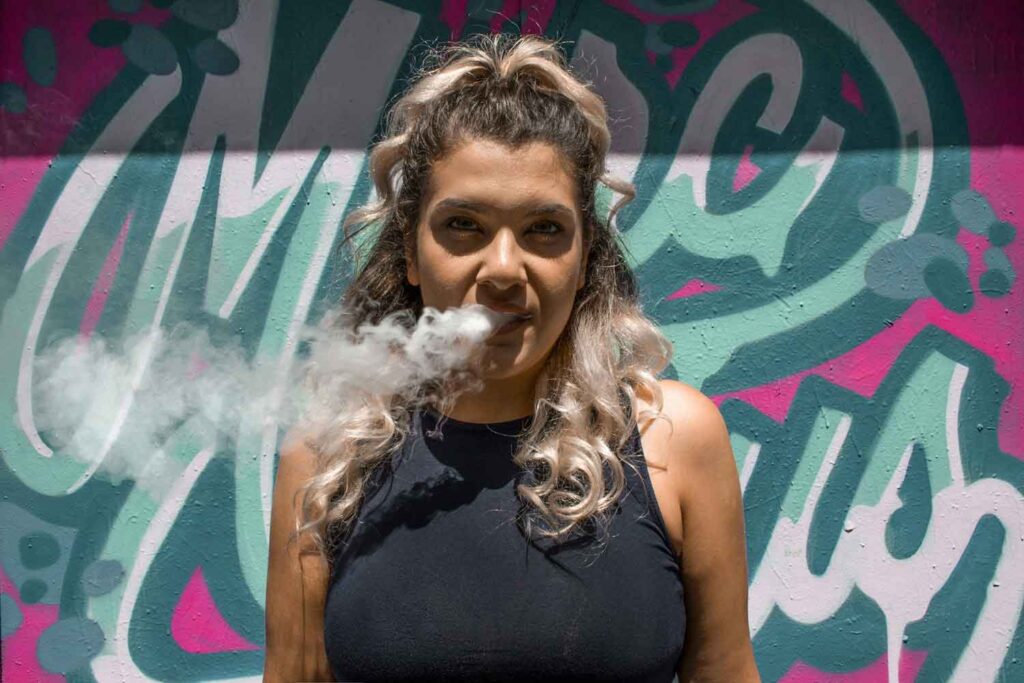Does Alcohol Cause Acne?
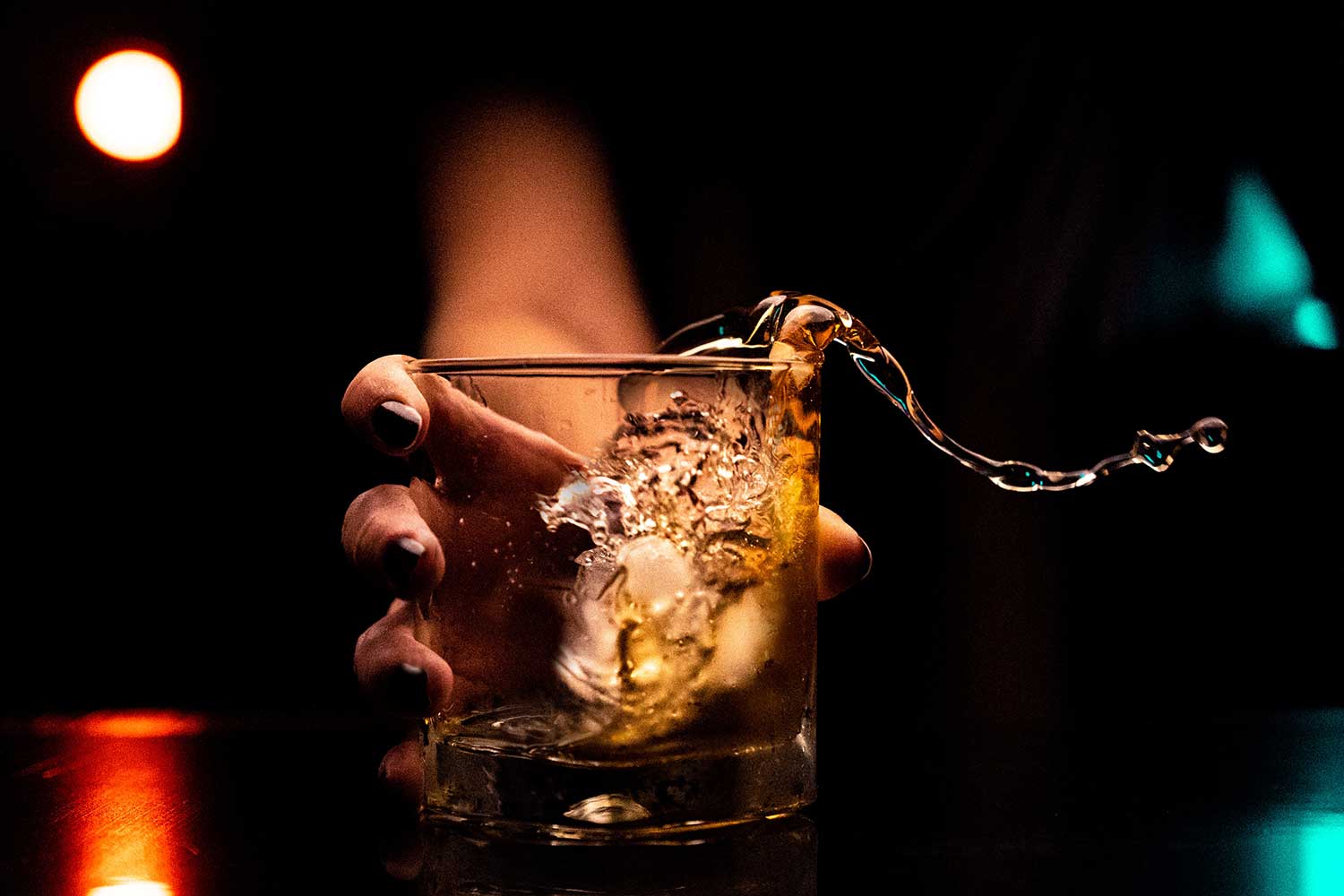
If you’ve been following your regular skincare routine and notice pimples popping up, you’re considering all potential causes. Maybe you didn’t change your pillowcase quickly enough. Perhaps you aren’t drinking enough water. But what if you’re drinking one too many beers on the weekend? Does alcohol cause acne? Here’s what we know.
Photo: Unsplash
Can Alcohol Cause Acne?
There is no one reason people suffer from acne.
Just like how weed may indirectly cause acne, so can alcohol. However, there is no evidence that alcohol directly causes acne.
As a matter of fact, Dr. Chaudhry, a UK board-certified dermatologist, tells us, “Alcohol itself is not a direct cause of acne, but it can contribute to its development in several ways.”
Dr. Chaudry says alcohol can affect your hormone level and immune response, which can therefore lead to acne.
Your favorite cocktail may also be causing your breakouts, according to Dr. Chaudry.
“certain alcoholic beverages, especially those high in sugar and additives, might trigger or worsen acne in some individuals.”
Shawnda Dorantes, APRN, MSN, FNP-C, and founder of Beauty Lounge Medical Spa, says that a bit of drinking won’t cause acne; however, falling asleep in your makeup after a drunk night might.
“Occasional alcohol consumption is not a direct cause of acne. However, most of us have had some drunken nights where we pass out without removing our make-up, causing a breakout.”
At the same time, heavy alcohol consumption could increase your chances of having acne.
Dorantes tells us that alcohol can dry out your skin, increasing oil production and then causing those pesky pimples to pop up.
“Excessive alcohol consumption dehydrates the skin. This is because alcohol itself is a diuretic that causes the body to expel fluids from the blood through the renal system, including the kidneys, ureters, and bladder. All of this leads to increased oil production, which is a major cause of acne breakouts.”
Dr. Chaudhry echoes the sentiment that alcohol dries out your skin, which can contribute to acne development.
“Consuming alcohol can lead to dehydration, which might prompt the skin to produce more oil, potentially leading to clogged pores and acne.”
How to Treat Acne
If you notice that your drinking is causing you to break out, opting for different drinks, reducing your frequency, or not leaving your makeup on after a bar crawl may help.
However, if you’re in the middle of a breakout or don’t drink a lot anyway, you may wonder how to treat your acne.
Well, we chatted with some experts who have some great suggestions.
Wash Your Face
It may seem like a no-brainer, but washing your face can reduce your chances of getting acne.
However, do not wash your face more than usual just because you’re breaking out and think you can wash away the zits. You may actually worsen your acne that way.
Dorantes says, “Cleanse your face gently – avoid overwashing so that the skin doesn’t dry out and become more susceptible to any bacteria.”
In addition, pay attention to what you’re washing your face with.
Sarah Roberts, a licensed beauty and skincare consultant and the Founder of the online beauty publication A Beauty Edit says you should wash your face twice daily with a gentle, pH-balanced cleanser.
Look Out for Certain Ingredients
There are so many acne products on the market. It’s easy to get swept up in the popular or expensive products only to find out they don’t work for your skin.
Roberts tells us to look out for certain ingredients when looking for skincare products, whether you’re washing your face or otherwise.
“Active ingredients such as benzoyl peroxide, salicylic acid, and retinoids make topical treatments effective against acne; home remedies–like tea tree oil, green tea, and witch hazel—are also viable options for assisting with inflammation and skin healing. Remember: because each person’s skin reacts uniquely to different treatments—patience remains key when trialing new methods.”
You can also opt for over-the-counter products, according to Roberts.
However, she says to remember that not all products maintain the same level of efficacy.
When looking for over-the-counter products, Roberts says, “Seek out those items that contain established acne-combating components – benzoyl peroxide or salicylic acid, for instance. Another beneficial component for those with [a] propensity towards acne is glycolic acid—a type of alpha-hydroxy acid.”
Dorantes and Roberts also say to opt for non-comedogenic products. These are products that won’t clog your pores. You may see it written on some products.
Exfoliate
You probably have your trusty exfoliating gloves or scrub in your shower for the rest of your body.
However, exfoliating your face may do wonders for your acne. However, just like with cleansing, don’t go overboard.
Roberts says, “Regular exfoliation can effectively unclog your pores; however, one should avoid over-exfoliation: not only can it irritate the skin–it could also exacerbate acne.”
So, how do you exfoliate your face?
According to the American Academy of Dermatology Association, check your existing products for retinol or benzoyl peroxide before exfoliating.
Exfoliating while using those products may dry out your skin and worsen your acne.
After checking your products, they recommend an exfoliant suitable for your skin type.
For example, the American Academy of Dermatology Association states that darker skin tones should avoid strong chemical or mechanical exfoliation.
In addition, “Those with dry, sensitive or acne-prone skin may prefer just a washcloth and a mild chemical exfoliator, as mechanical exfoliation may be too irritating for this skin type. Those with oily, thicker skin may want to use stronger chemical treatments or mechanical exfoliation.”
Whatever method you choose, make sure you’re gentle.
Finally, you’ll need to figure out how often you can exfoliate and always follow up with a moisturizer.
See a Dermatologist
Roberts says that it may be time to see an expert if your acne is not responding to your at-home treatments.
Dermatologists are experts at all things skin, so they can help you get your acne under control and have you feeling better.
“Certified dermatologists stand ready to proffer individualized treatment strategies; moreover, they possess the capability to prescribe robust medications where necessary.” according to Roberts.
Takeaway on Alcohol and Acne
Does alcohol cause acne? Yes, consuming alcohol may cause you to break out, but it’s not a direct cause. A drink or two won’t cause you to break out unless they’re sweet or make you forget to wash your face. However, overconsumption may dehydrate your skin, leading to a breakout. In addition, alcohol may affect your hormones or immune system, which results in those pesky pimples. Fortunately, you have options; you can establish a skincare routine for your skin type and talk to a dermatologist.

